Revisit our most-viewed playing articles from the last twelve months
As we say goodbye to 2023, we take a look at the most popular playing-related articles on thestrad.com throughout the year. Featured topics include challenges faced by adult learners, interviews with string superstars, practical tips on improving your playing, a look into the life of a single-mum violinist, changing our perception around the word ‘accompanist’ - and as the UK ushered in a new monarch, a glimpse into King Charles III’s musical appreciation throughout his life.
Click the headline or the image to read the full articles. Happy reading!
The dark side of being an adult violin beginner: Rachael Ridge
’Many adult beginners face judgements based on the fact that they’re starting later in life. Teachers have critiqued adult students for their age and insinuated that they’ll never be successful starting this ”late in the game”. Adults have also been judged harsher on their performances based solely on their age instead of on their limited years of experience playing the violin. Some professionals seem to think that all adults should learn at a faster rate than young players. They completely ignore the fact that many deal with physical and mental challenges as well as time constraints that younger beginners don’t have to face.’
Listen to Rachael’s thoughts on adult learner mindset on The Strad Podcast
The Art of Vibrato: Techniques and Tips for Violinists
’Violin players can become frustrated when they want to improve their skills with vibrato. The process can be challenging and daunting since it takes a lot of time, patience, and effort. But the joy of playing vibrato on the violin can enhance your music piece, giving it the right emotion and evoking the feelings of your listeners.
Mastering violin vibrato is an art, and players need to exercise vibrato motion to make the sound more effortless. If you need some assistance with learning the art of vibrato, follow these expert techniques and tips to improve your violin’s expressiveness.’
Life Lessons: Violinist Hilary Hahn
’Practice provides particularly good examples of these ups and downs. Since artistic goals can be lofty, intangible and subjective – which is what makes them so intoxicating – it’s easy to get caught up and frustrated. But there will always be some way you can make progress. It could be one note, a new tonal nuance, another line memorised or a new understanding of the piece’s architecture. Even if you make only one small improvement a day, that’s still 365 points of progress in a year.’
‘What don’t you want?’: violinist Brett Yang on avoiding burnout and stress
’We’ve been thinking about “non goals”. What don’t we want? Let’s say you want a million views on YouTube. At what cost? Are you willing to give that up? If you want to do 1000 concerts: at what cost?
’I don’t think people think about that enough. I honestly think people are so fixated on goals, which is not a bad thing, but I think there’s so much content out there, people think ‘this is what you want, this is the life you want, you’re going to be a soloist, you’ve got to do this’. We’re so fixated that we’ve turned a blind eye at the cost of attaining that.
’The costs are burnout, health issues, damaged relationships, many things. So I think it’s really important that you have to think about your “non goals”.’
6 holistic warm-ups for violinists - Jane Gordon
’Just as we learn the art of practising, we also need to develop healthy ways to warm up. These can have a dual function, both to get the muscles ready to play but also to refine technique and isolate particular movements with awareness of our body use.
’Warm-ups are distinctly individual. How can we be most efficient with our time and maximise results for technical challenges? What are healthy playing habits and how can warm-ups help?
’As a violinist trained in Alexander Technique (AT), I enjoy a holistic approach to playing and it helps keeps me in good shape. I consider the use of the body as a whole, having awareness of my back, stance, feet etc as well as the muscles more closely related with playing. I regard AT as a kind of mindfulness in action.’
10 tips on how to stay motivated as an adult beginner violin student
’1. Surround yourself with a positive community of other adult violin beginners like you. Even if there is no one close to you physically, there’s a growing community on social media that you can get plugged into!
’2. Find a teacher, whether in person or online, that supports you and gives you constructive feedback to grow.
’3. Get creative with your practice time! One adult I interviewed would even practice in his car on lunch breaks when he knew wouldn’t have any other time that day.’
There is no such thing as a piano ‘accompanist’
’There has long been a stereotype in the performance community that accompanists are inferior musicians. Not good enough for solo careers, they are hired to perform a service: to obey their musical partner’s instructions without question. But some of the world’s leading classical musicians, including Itzhak Perlman, take offence at this misconception. “It’s true: there’s no such thing as an accompanist,” says Perlman. ”A lot of the repertoire, like Beethoven and Mozart sonatas, is written for piano and violin. The pianist is so important. The word ’accompanist’ is a total mistake.”’
Opinion: Gary Karr on bass-ic misunderstandings
’There are countless times in my career when I have heard conductors ask for ”more bow”, indicating that they want to see the double bassists use all the hair from frog to tip. I believe that this misguided instruction is the result of their equating double bass bowing technique with that of the violin, viola or cello. Conductors should know that the double bassist’s bow moves more slowly than those of the other stringed instruments, particularly on the lower two strings, yet for more than a century conductors have been shouting to the bass section: “More bow!”, resulting in an unfocused, rope-like, growly sound that has been accepted as tradition.’
‘Being a single mum and juggling work as a musician is an enormous challenge’ - violinist Lizzie Ball
’If you are booked to play a concert or session, you have to turn up and be there – you can’t call in sick or take the day off or you simply won’t be paid. If your child is sick, you still have to show up and juggling that adds an extra level of stress and anxiety. – particularly as a single mum – which is difficult. As freelancers we don’t want to say no to things, especially post pandemic when everyone lost so much work. We want to continue to be reliable good musicians that people want to work with, and this constant battle adds an element of real pressure in your life. ’
King Charles III: Four times the new monarch showed his deep love for classical music
’King Charles began learning the cello when he was at boarding school. In an interview with Simon Armitage on the BBC Radio 4 podcast The Poet Laureate Has Gone to His Shed, HRH said: ”I loved playing in the orchestra at Trinity – albeit rather badly,” admitted the Prince of Wales.
”I remember playing in Beethoven’s Fifth Symphony and trying to practise in my room at Cambridge to an old record conducted by Herbert von Karajan, who was the great conductor in those days, in the sixties. There was me sitting with my cello and my tuning fork, and I put this thing on, and of course he took it at an incredible lick – you’ve no idea how fast!”’
Discover more playing-related content at The Strad Playing Hub
The number one source for playing and teaching books, guides, CDs, calendars and back issues of the magazine.
In The Best of Technique you’ll discover the top playing tips of the world’s leading string players and teachers. It’s packed full of exercises for students, plus examples from the standard repertoire to show you how to integrate the technique into your playing.
The Strad’s Masterclass series brings together the finest string players with some of the greatest string works ever written. Always one of our most popular sections, Masterclass has been an invaluable aid to aspiring soloists, chamber musicians and string teachers since the 1990s.
American collector David L. Fulton amassed one of the 20th century’s finest collections of stringed instruments. This year’s calendar pays tribute to some of these priceless treasures, including Yehudi Menuhin’s celebrated ‘Lord Wilton’ Guarneri, the Carlo Bergonzi once played by Fritz Kreisler, and four instruments by Antonio Stradivari.
Topics
Best of 2023: The Strad Playing Hub
- 1
 Currently reading
Currently readingBest of 2023: The Strad Playing Hub
- 2
- 3
- 4
- 5
- 6
- 7
- 8
- 9
- 10
- 11

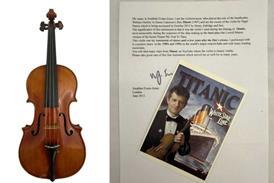


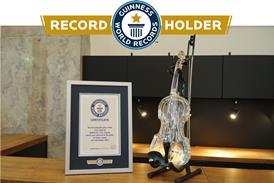


















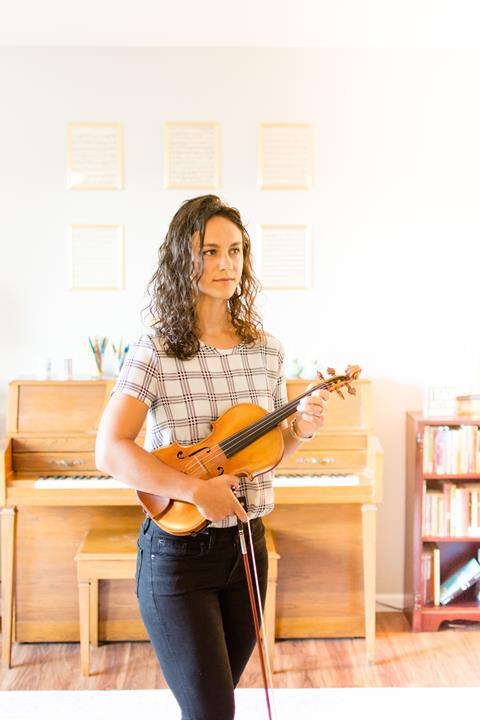
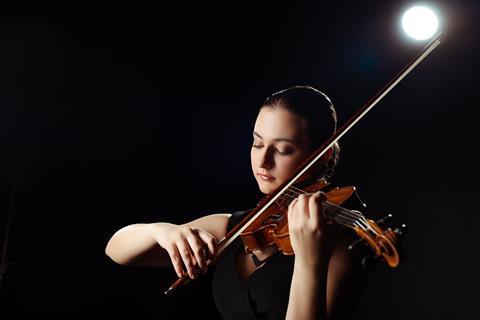
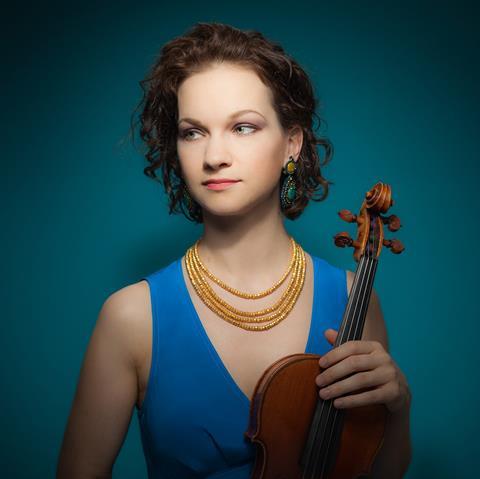
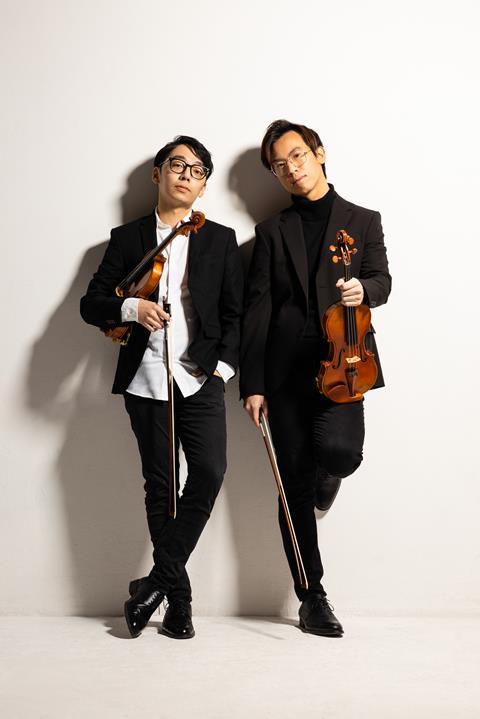
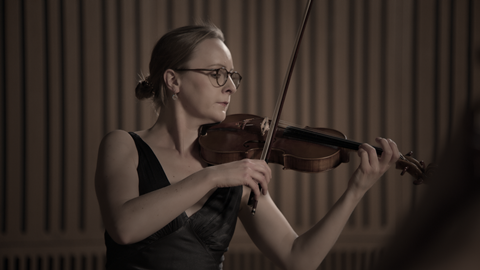
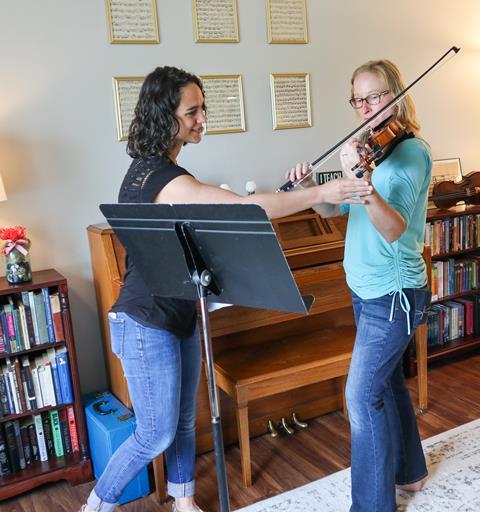
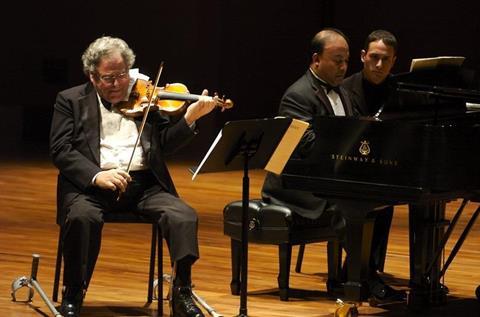
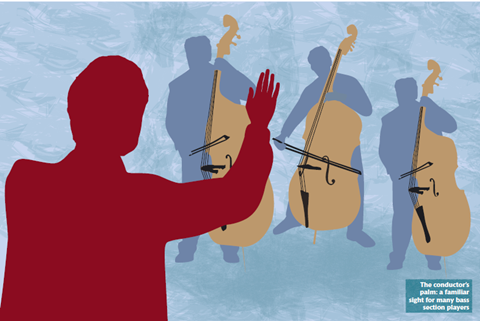
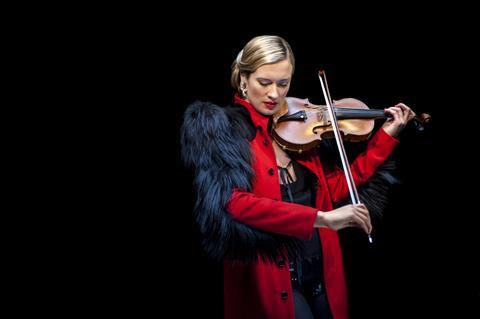
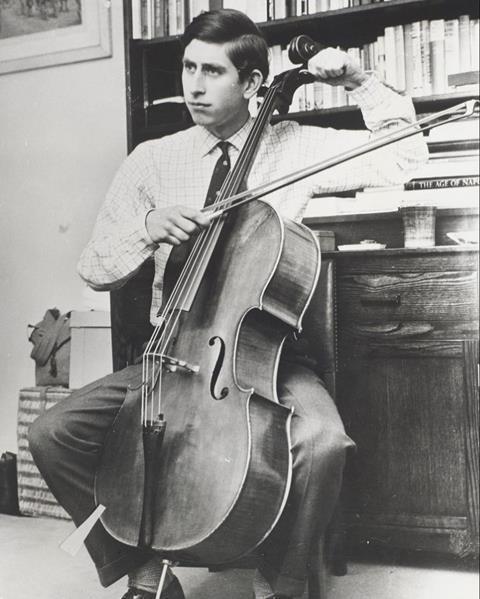
























No comments yet